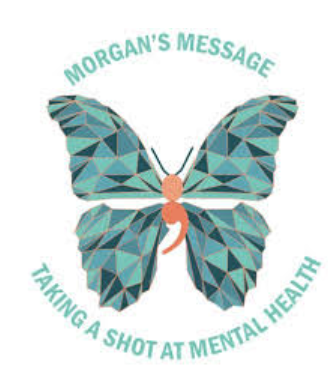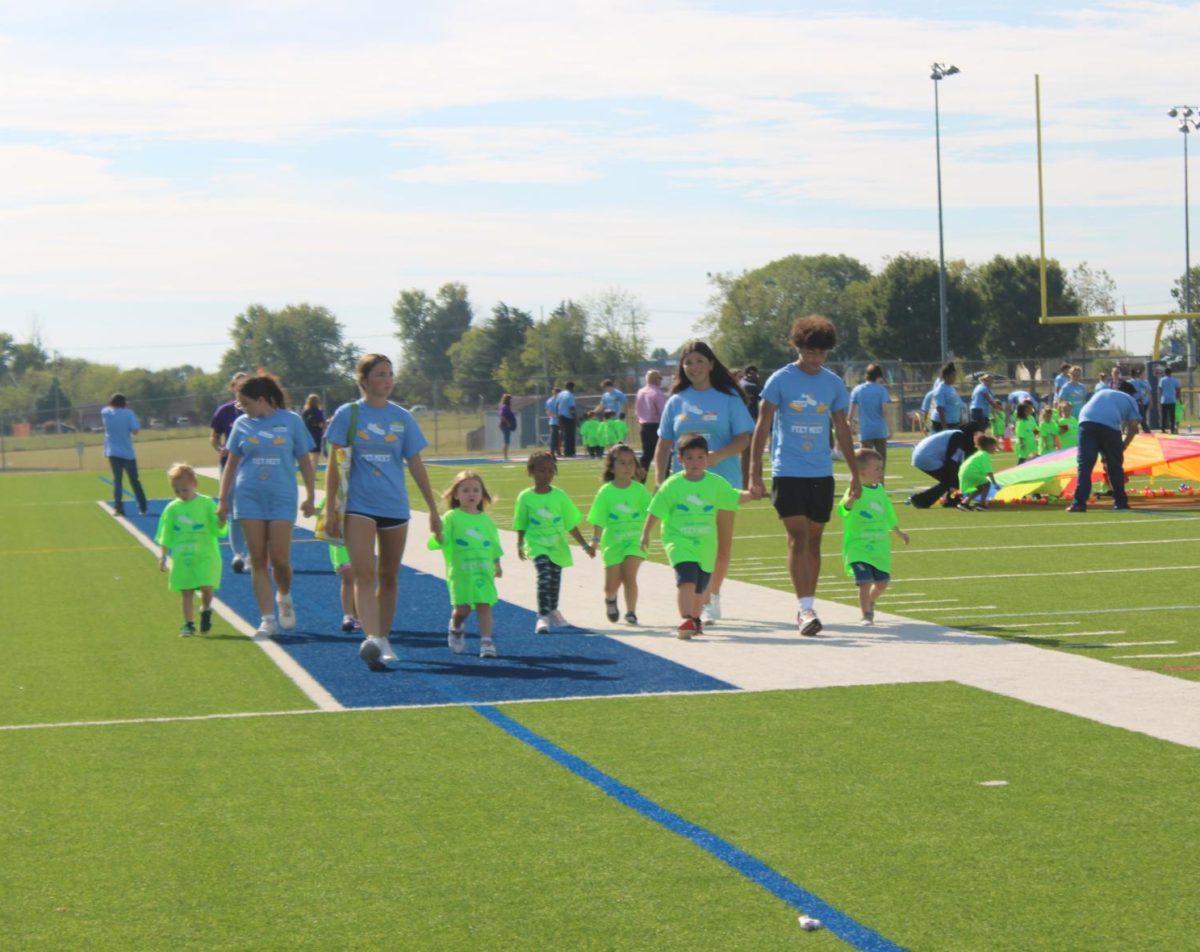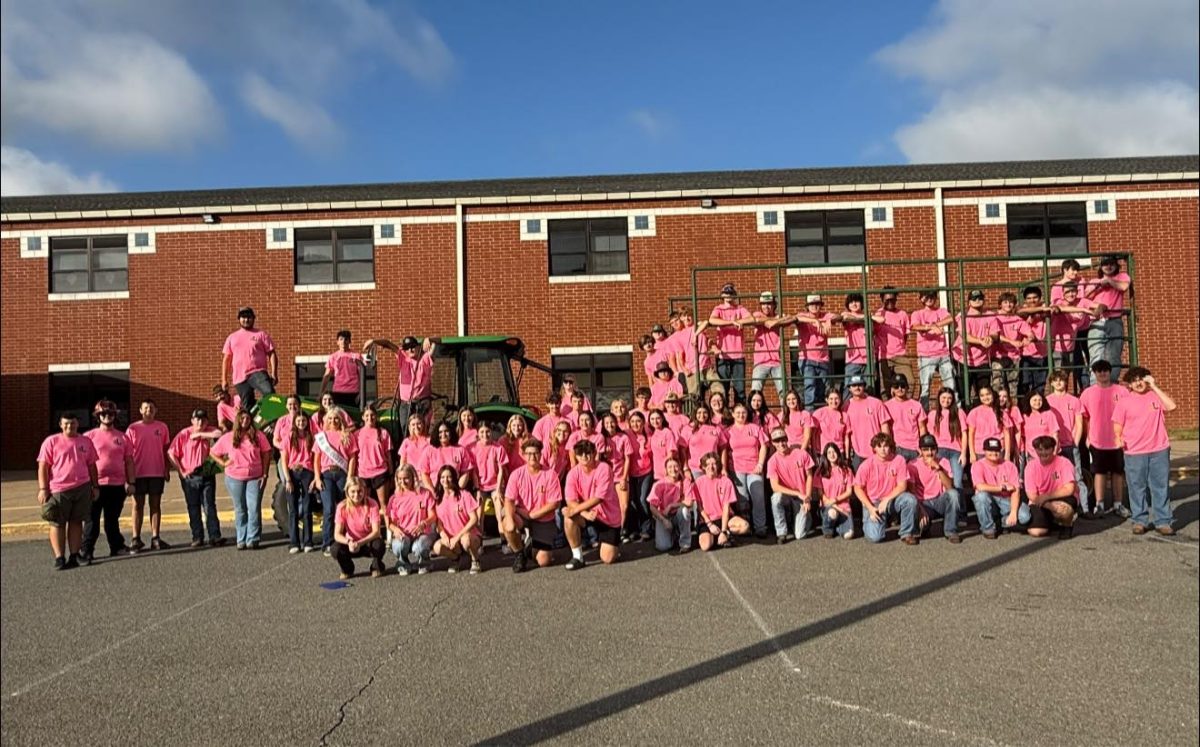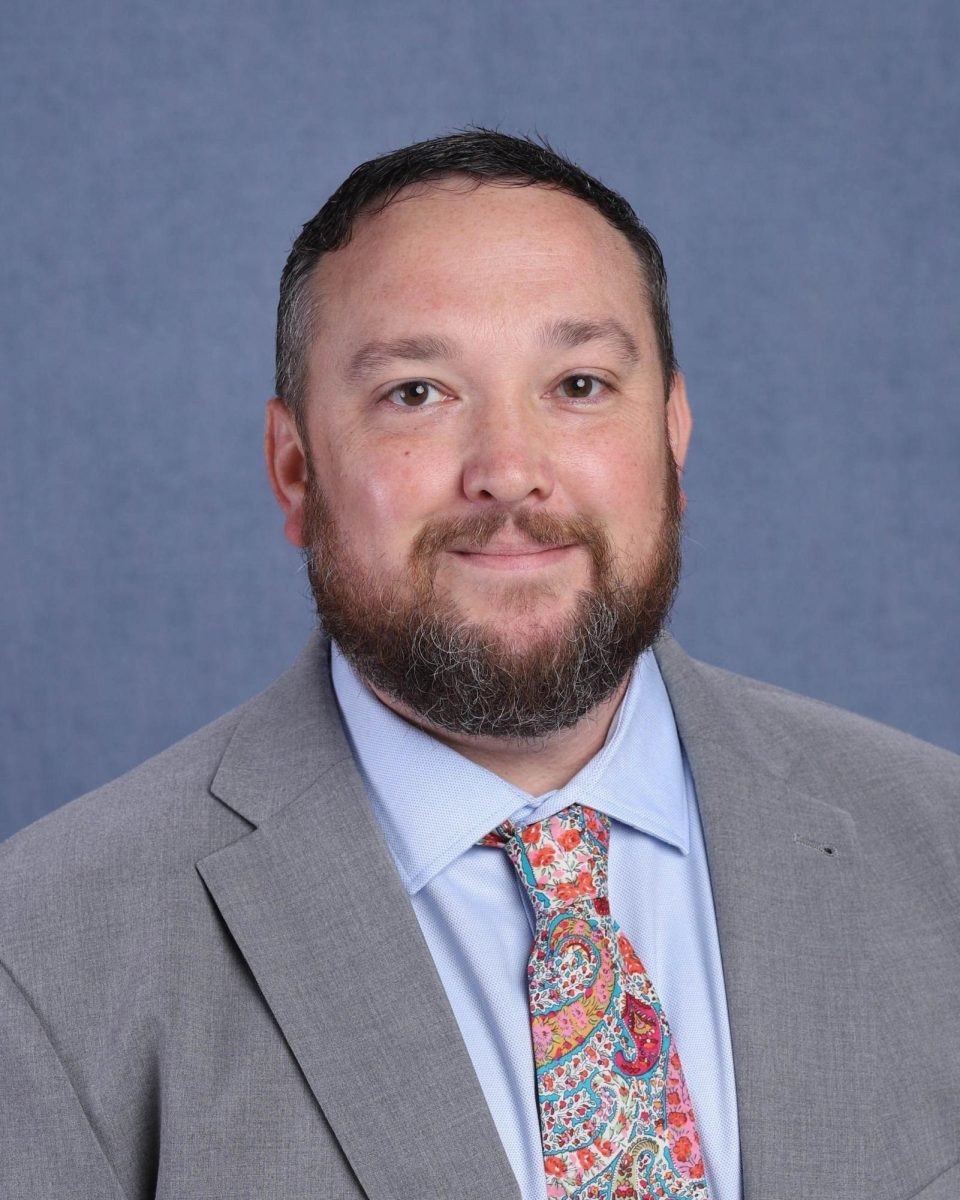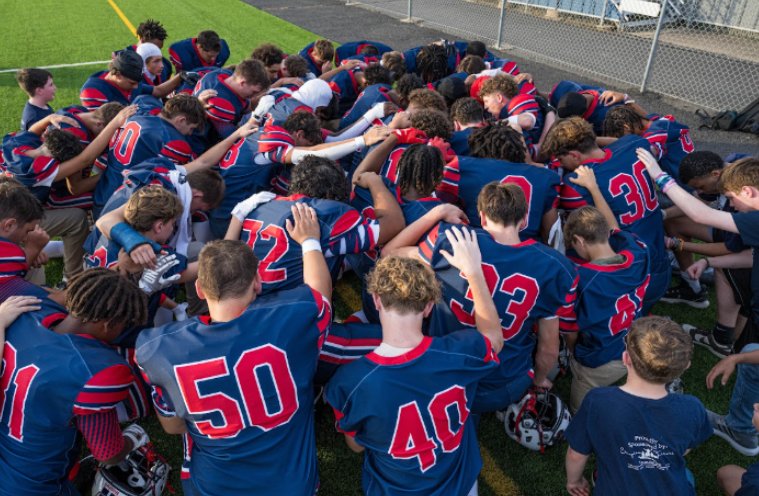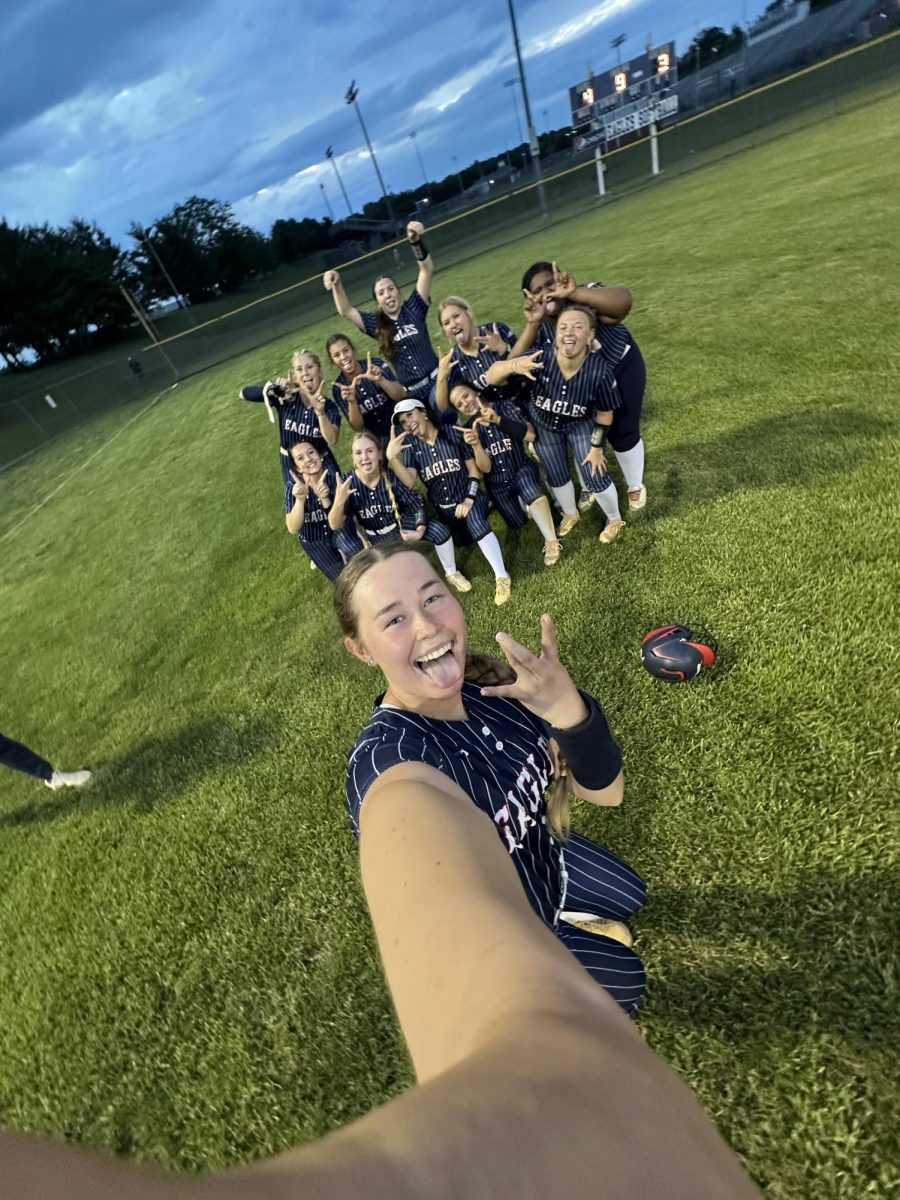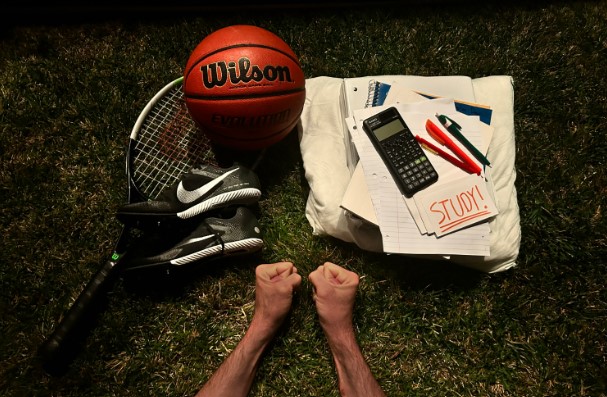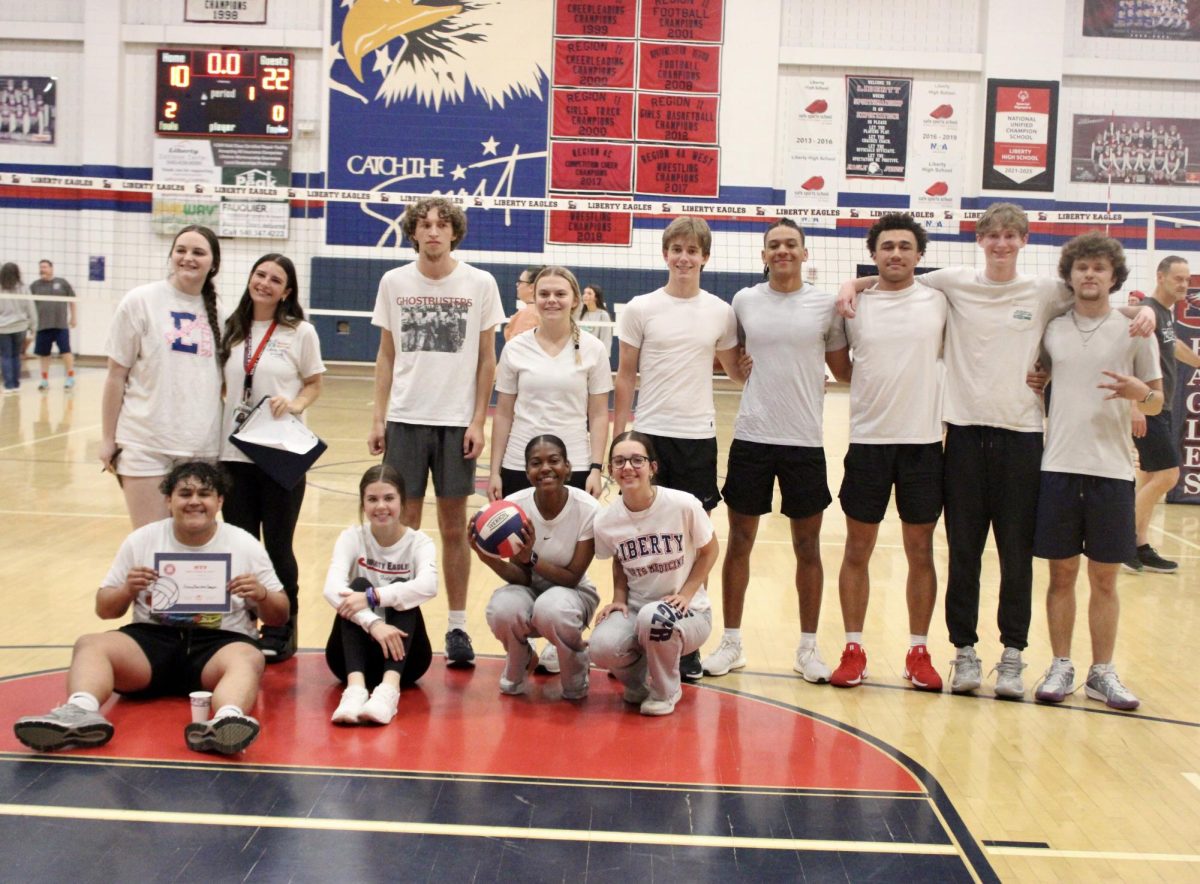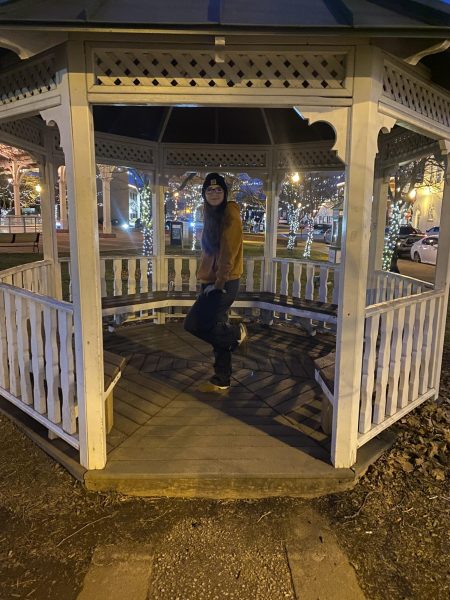The mental health of a student-athlete is something that is usually overlooked. Over 30% of student-athletes struggle with some form of mental health. The cause of mental health among student-athletes is underperforming, bad coaches, toxic teammates, injuries, and many other possibilities. Together we need to recognize all of the signs that a student-athlete might be showing of mental health issues. Sometimes people forget that student-athletes are only human and that is why the program Morgan’s Message was created in honor of one important student-athlete, Morgan Rodgers. This is her story…
Morgan Rodgers graduated from Kettle Run High School in Nokesville, Virginia. When Morgan was in her underclassmen years of high school, she knew she wanted to play lacrosse at a Division 1 level. To make her dream come true, she had to work super hard during high school. In 2014, Morgan was offered to play Lacrosse at Duke University. When Morgan was a senior in high school, she started to experience anxiety, however, at the time, she was given lots of support because she knew she wanted to experience as much as she could on the Duke University Women’s Lacrosse Team.
 Morgan played her freshman year of college and was so happy to be a part of Duke’s team. Right before the start of her Sophomore season, Morgan suffered a devastating knee injury. For the next year, Morgan had knee surgeries and went through the rehabilitation program because she was so determined to fulfill her dream to the best of her abilities. Throughout that year, and for the rest of her life, Morgan struggled with extreme amounts of mental health. Morgan felt like she had lost control of her life, as well as herself. Morgan thought she wasn’t living up to her expectations and that her hard work was for nothing. During that year of rehabilitation, Morgan felt separated from her team. Because of this and other issues, Morgan’s anxiety and depression came back stronger than ever. Morgan felt she needed to hide her truth from her family, friends, teammates, and coaches, causing her to suffer in silence. As a result of this, Morgan ended up taking her own life on July 11, 2019, at the young age of only 22.
Morgan played her freshman year of college and was so happy to be a part of Duke’s team. Right before the start of her Sophomore season, Morgan suffered a devastating knee injury. For the next year, Morgan had knee surgeries and went through the rehabilitation program because she was so determined to fulfill her dream to the best of her abilities. Throughout that year, and for the rest of her life, Morgan struggled with extreme amounts of mental health. Morgan felt like she had lost control of her life, as well as herself. Morgan thought she wasn’t living up to her expectations and that her hard work was for nothing. During that year of rehabilitation, Morgan felt separated from her team. Because of this and other issues, Morgan’s anxiety and depression came back stronger than ever. Morgan felt she needed to hide her truth from her family, friends, teammates, and coaches, causing her to suffer in silence. As a result of this, Morgan ended up taking her own life on July 11, 2019, at the young age of only 22.
The Morgan’s Message program was created in honor of Morgan to show student-athletes that it’s ok to struggle, but to help athletes struggle healthily. Morgan’s Message strives to normalize these important conversations and help those who are struggling in silence and those who feel like they have no one in their corner. Morgan’s Message wants student-athletes to know that it is ok to ask for physical and mental help. “To close the gap, we must eliminate the stigma surrounding mental health together,” said the creators of Morgan’s Message.
The Morgan’s Message logo is a butterfly with the body appearing to be a semi-colon. At Morgan’s memorial, her family noticed an abundance of butterflies filling up the air in which her memorial lay. People believe that these butterflies were Morgan reminding the people that she was still with them and that she would always be there showing her love and support. The semi-colon is used to display a message of solidarity against suicide, depression, and other mental health issues. With just this logo alone it is so easy to see the message that this program is trying to spread around the world.
Sometimes student-athletes think that asking for help is showing a sign of weakness, or that they can’t do things on their own. However, getting the courage to ask for help in the first place is not a sign of weakness, instead, it is a sign of strength. If we all come together to put out this message, the student-athlete environment will be so much healthier. If you are a student-athlete in need of help, contact a trusted adult, a counselor, or a therapist, or you can visit the Morgan’s Message website which has so many resources listed for you. Improvement takes time, and happiness isn’t always guaranteed, but getting help and putting out this positive message is always worth it in the end. Student-athletes all over the world struggle, so know that you aren’t alone.

